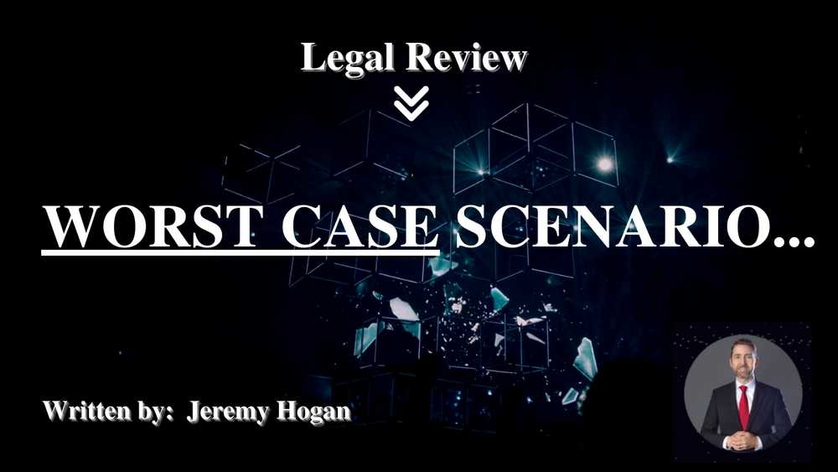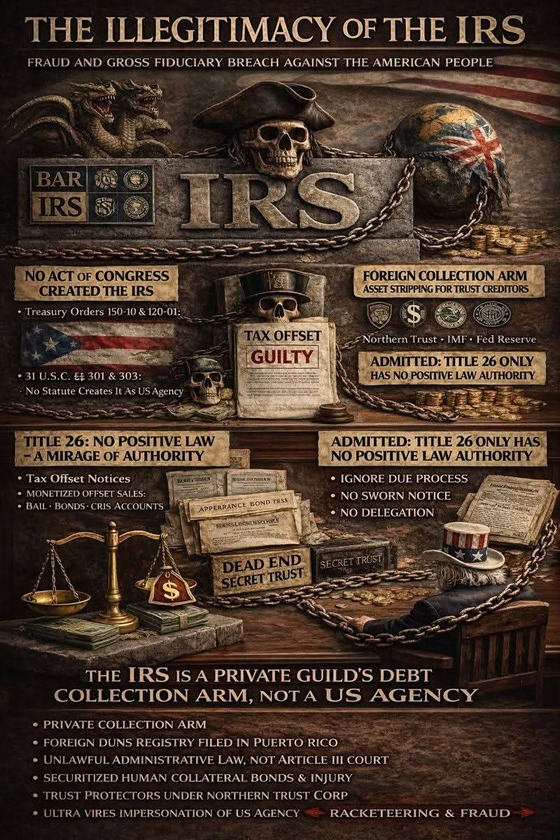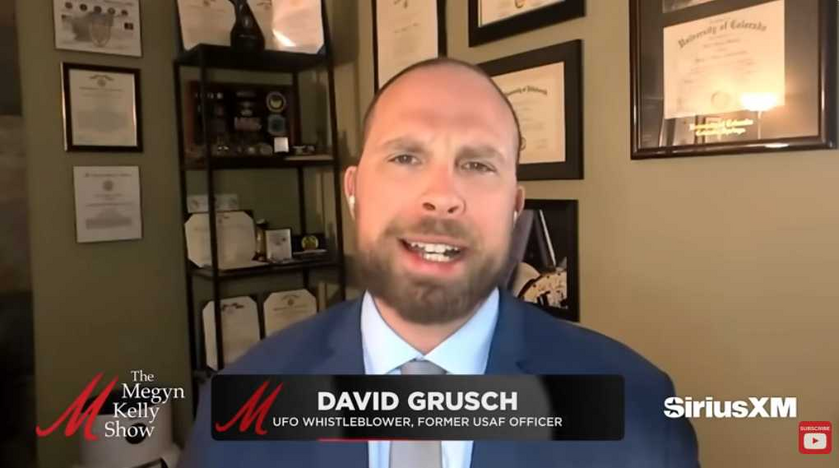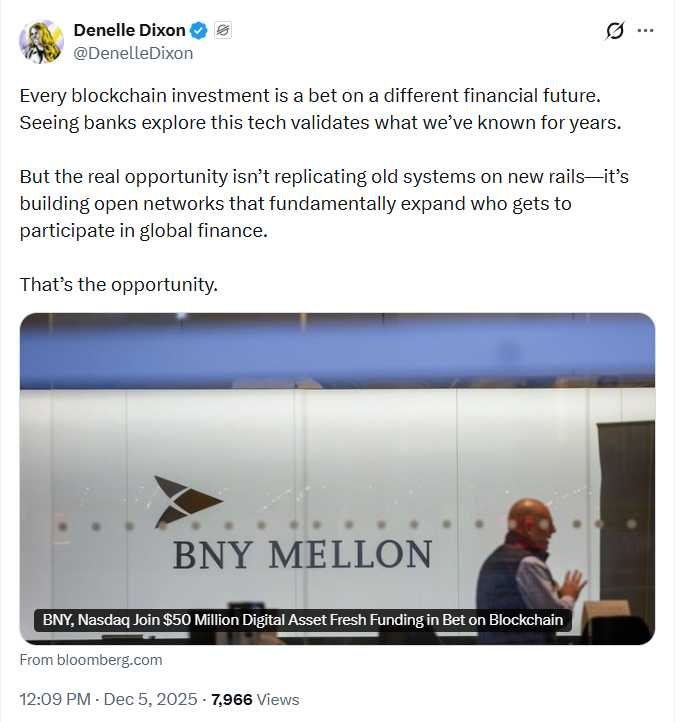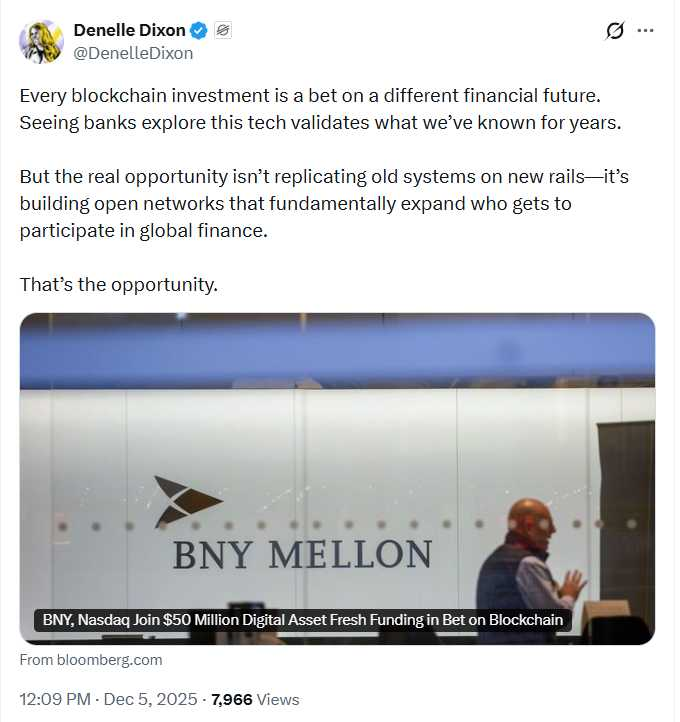Worst Case Scenario…
Buckle in because today in the LightHouse Legal Review we are going to talk about the fallout from the FTX collapse and “the worst-case scenario”, which came to us last week in the form of proposed U.S. legislation titled the “Digital Asset Money Laundering Act of 2022” (The “DAAML” Act).

It should have been called “The Digital Asset Destruction Bill.”
The DAAML was introduced by Senators Warren and Marshall, ostensibly to shut down money laundering being committed with digital assets. However, if the bill is passed and signed into law, there may be no digital assets — at least in the U.S. — to launder anything through.
Anti-money laundering laws in the U.S. started way back in 1970s and were designed to force banks and other large institutions to not be able to turn a blind eye to the flow of money to terrorists and other bad actors. Even with the natural expansion of law since then, anti-money laundering laws are still limited generally to institutions, banks, trusts, and gambling services.
The laws are enforced by the Financial Crimes Enforcement Network (FinCEN), and violators can be subject to civil and criminal penalties.
The worst part of the DAAML is contained right near the top of the brief:
“(a) MONEY SERVICE BUSINESS DESIGNATION.—The 25 Financial Crimes Enforcement Network shall promulgate a rule classifying custodial and unhosted wallet providers, cryptocurrency miners, validators, or other nodes who may act to validate or secure third-party transactions, independent network participants, including MEV searchers, and other validators with control over network protocols as money service businesses.”
What does that mean? A money service business is in the business of transferring money, like Western Union. The DAAML would classify all digital wallets, (i.e. MetaMask), and all node validators, as “money service businesses”. Moreover, money service businesses must register with FinCEN.
What’s the big deal? Well, first of all, money service businesses have to pay relatively large amounts of money to register and maintain its license. Western Union can afford it. John Smith running a cryptocurrency node is less likely to have tens of thousands of dollars lying around.
And even worse, money service businesses must maintain a program to identify and report suspicious activity. This means retaining specialist subcontractors to set up and run a compliance program — also not something an individual node runner is likely to be able to afford.
And even worse than worse, the summary of the bill states that “cold storage” cryptocurrency wallets are a “major gap”, which allows individuals to bypass laws.
Yes, this bill is coming for your Ledge Nano.
And with that being said, and putting aside whether the bill will be passed or not, what is standing between the U.S. digital asset space and oblivion? Answer: just the First Amendment to the U.S. Constitution.
The First Amendment famously states that “Congress shall make no law…abridging the freedom of speech.” But less famous is the fact that courts have construed computer code to be speech which must be protected. And on this basis, attempts at restricting non-custodial wallets have failed before, protected by the U.S. Constitution.
Additionally, if this worst-case scenario comes to be, we can only hope that the U.S. Constitution protects us once again.
Takeaways
The DAAML Act is the worst-case scenario for the digital asset space.
The DAAML defines digital wallets and nodes as “money lenders,” requiring registration with the Federal Government.
If this bill is passed, only the U.S. Constitution can save the crypto space from its devastating effects.

